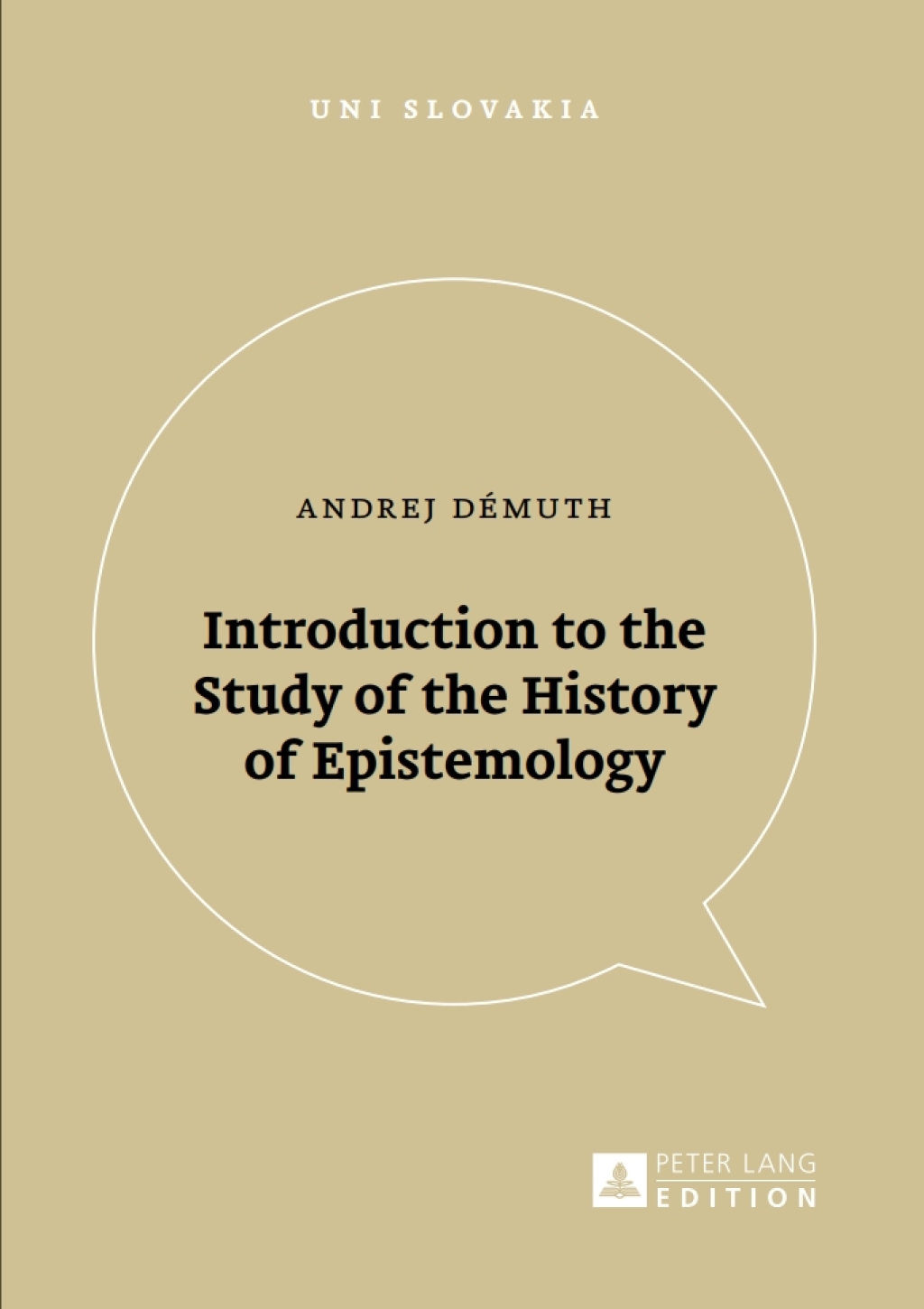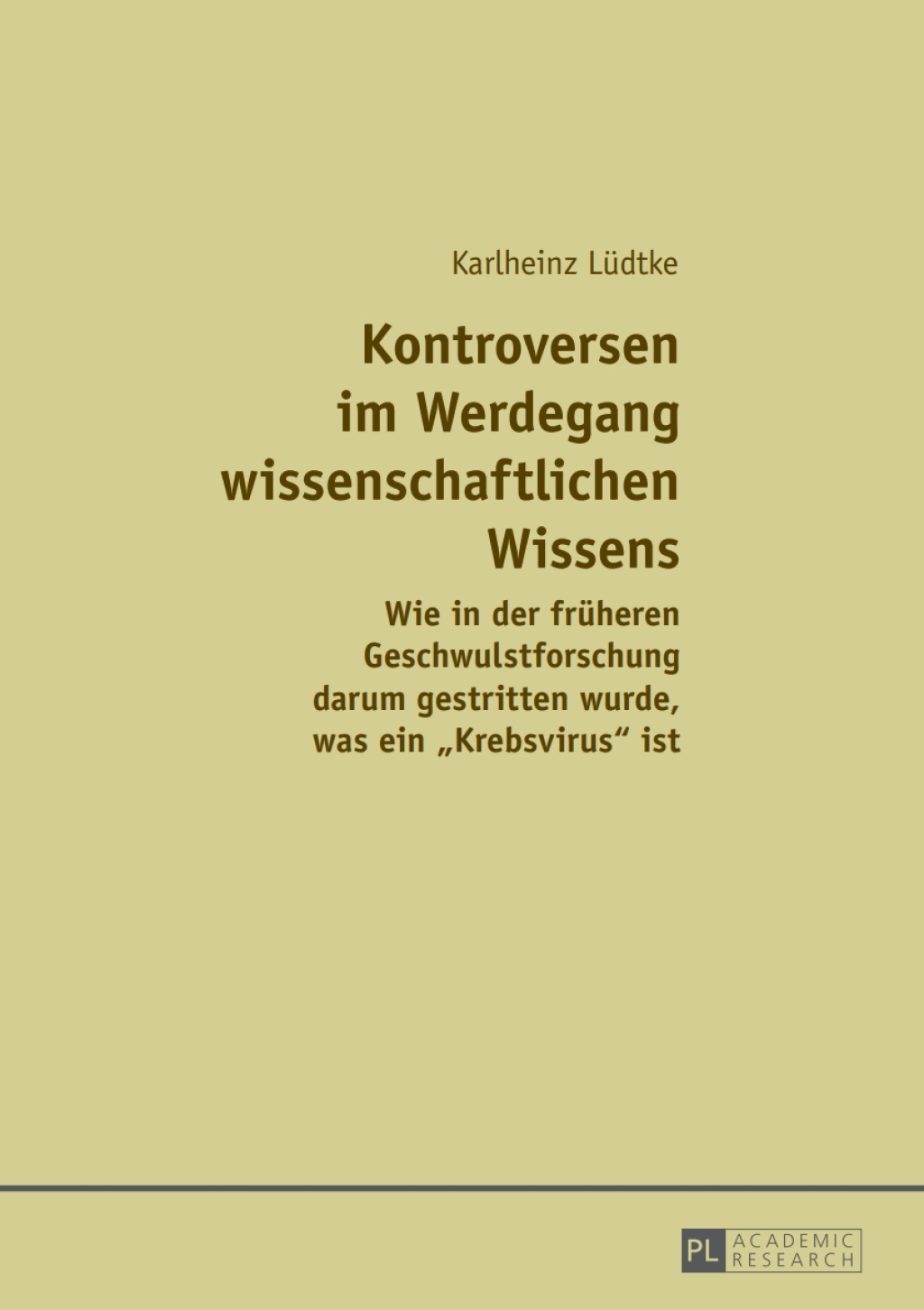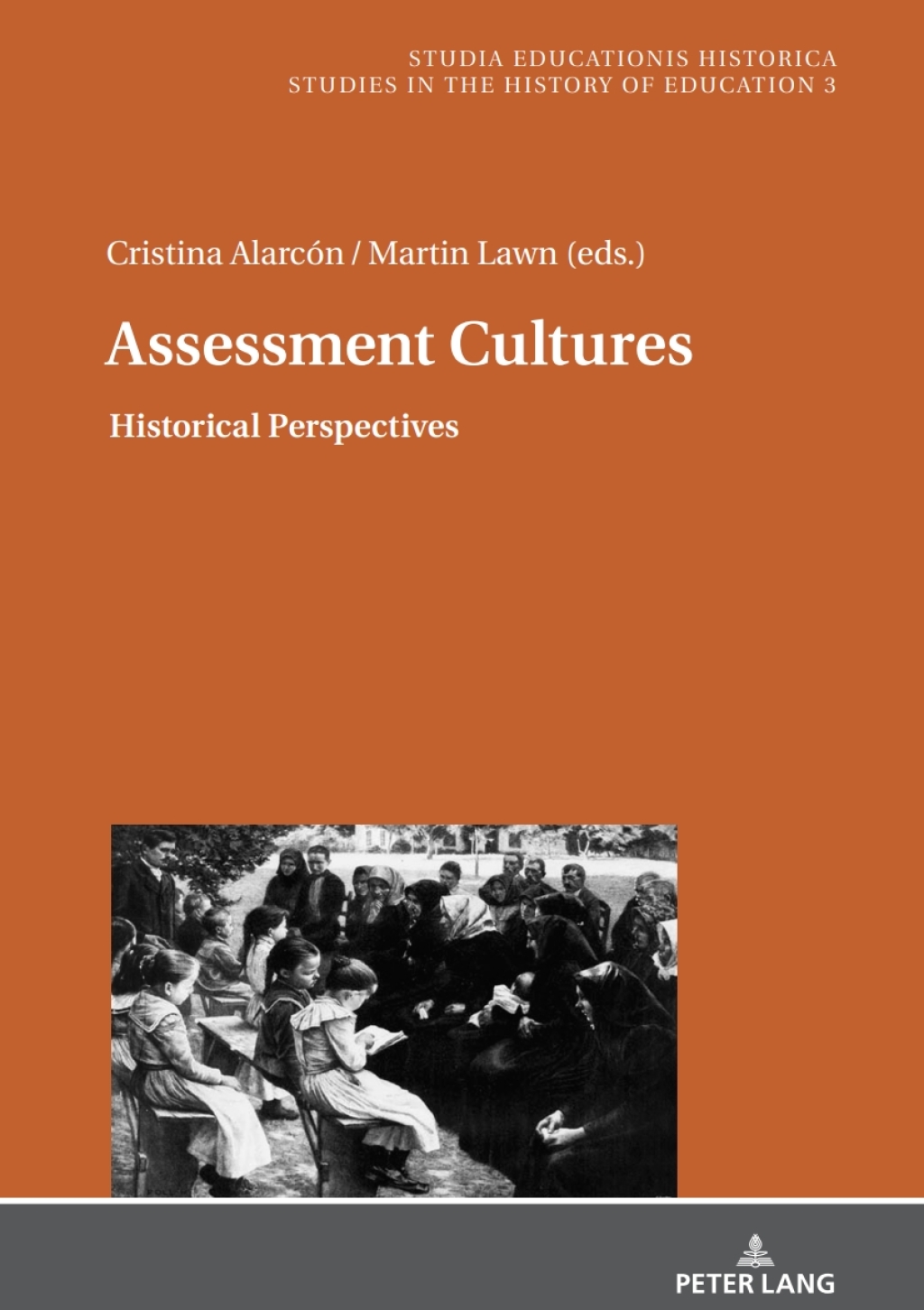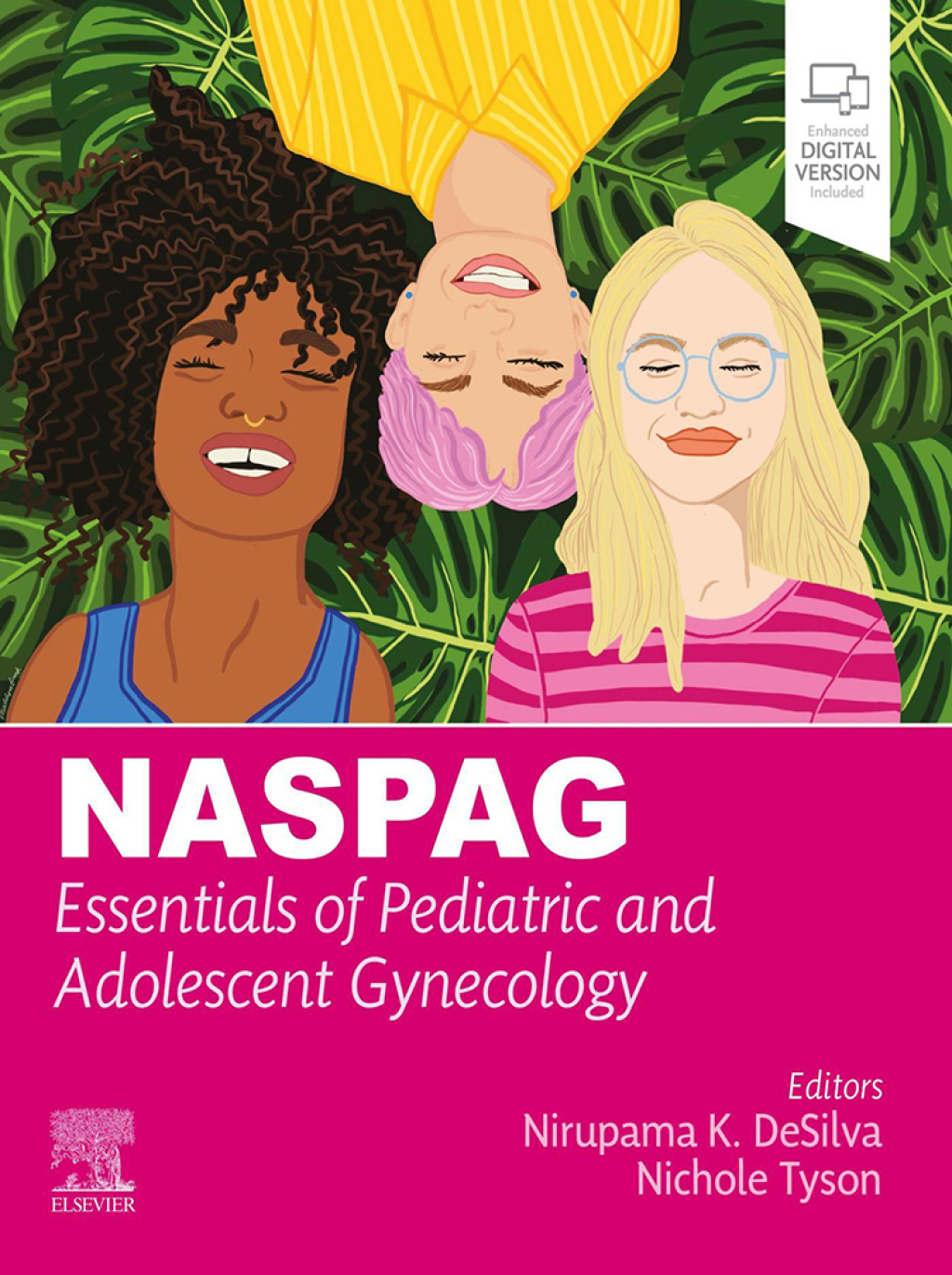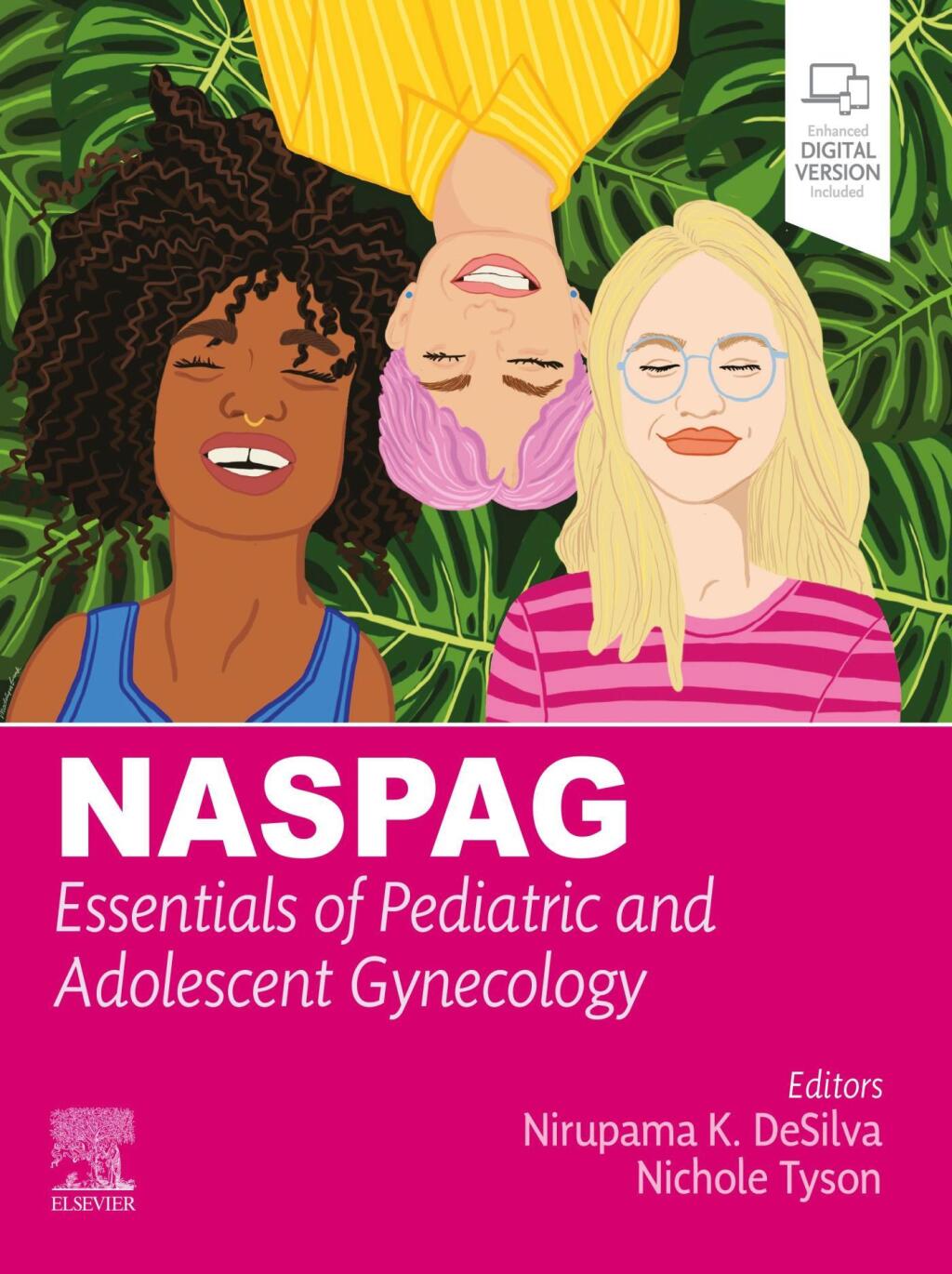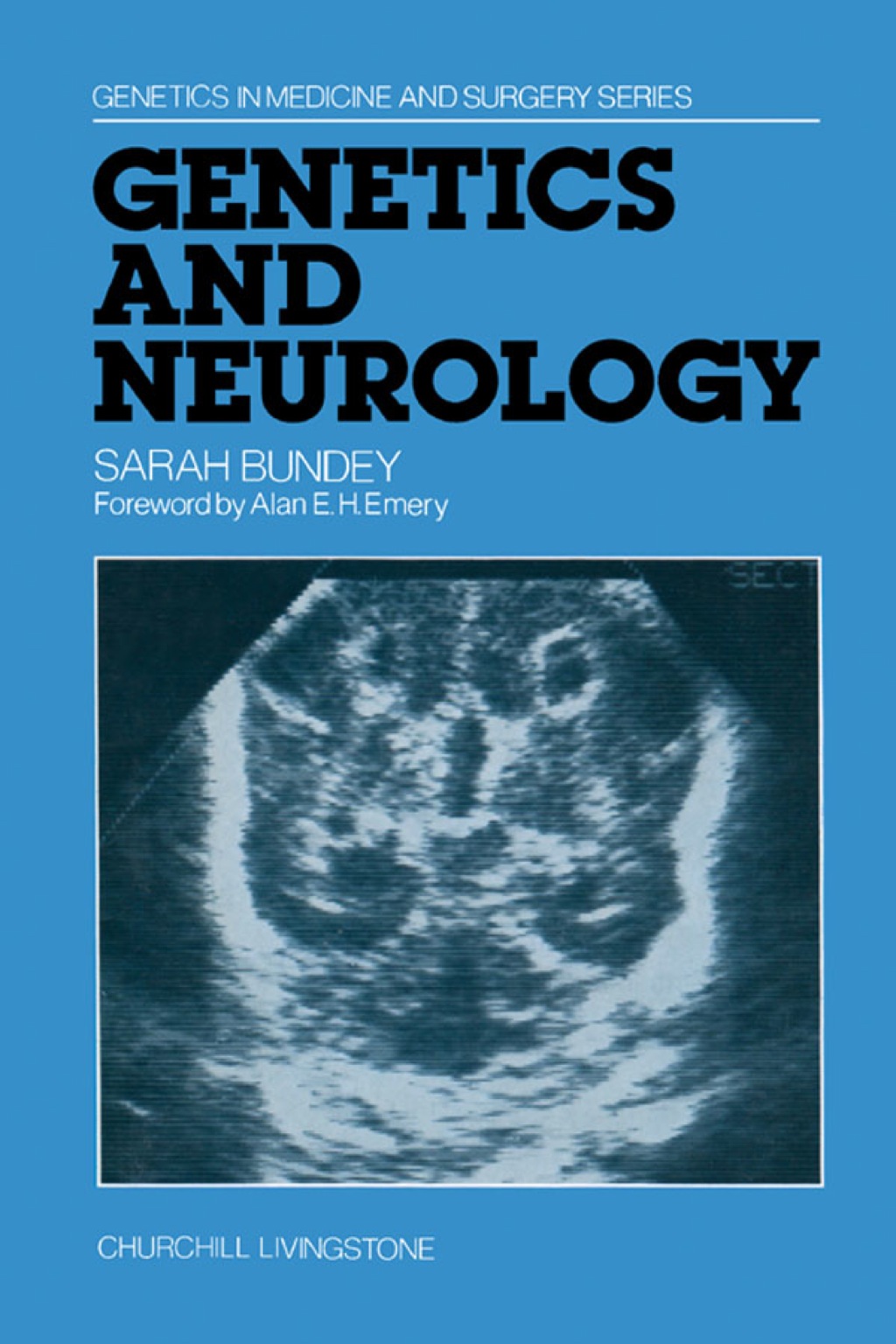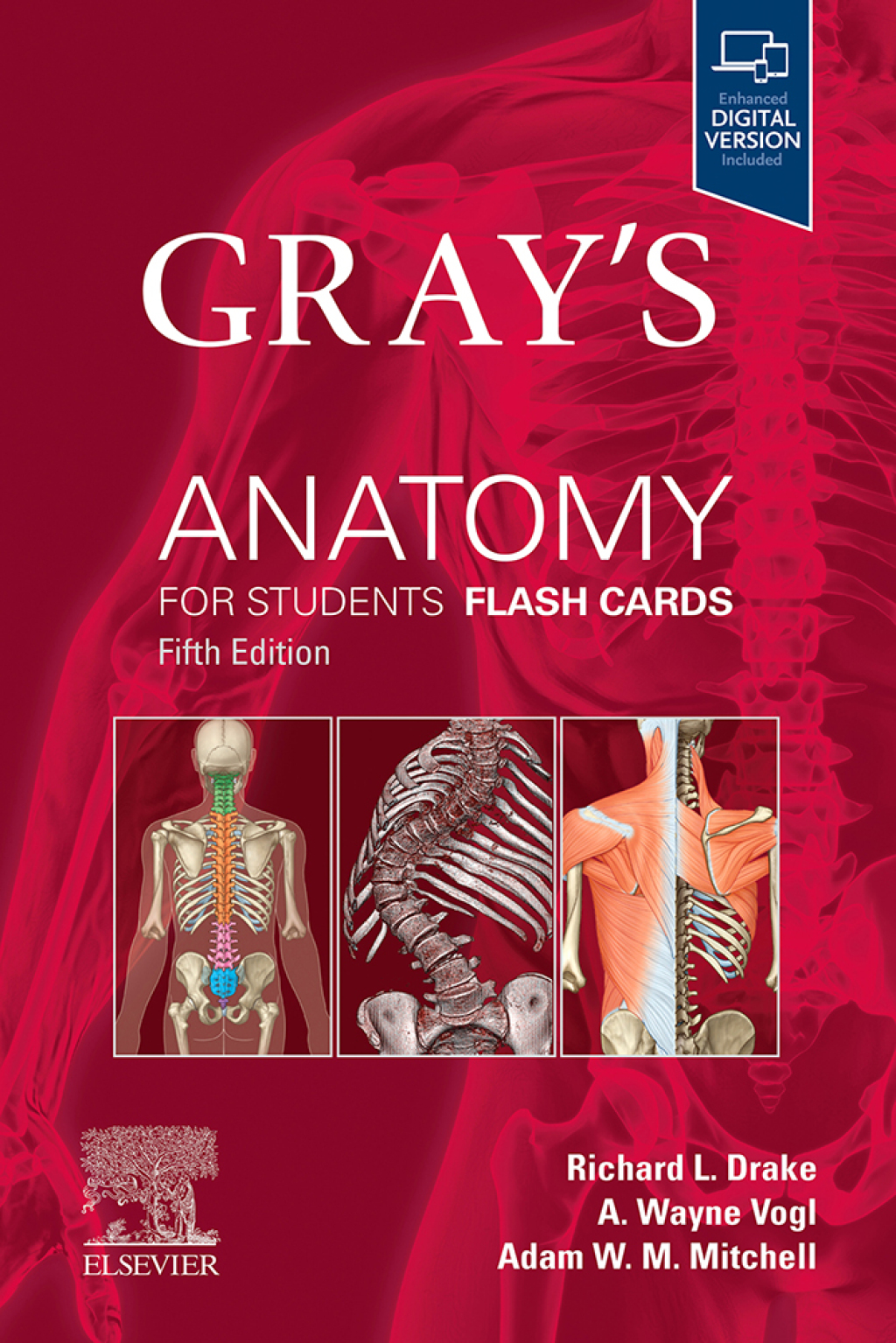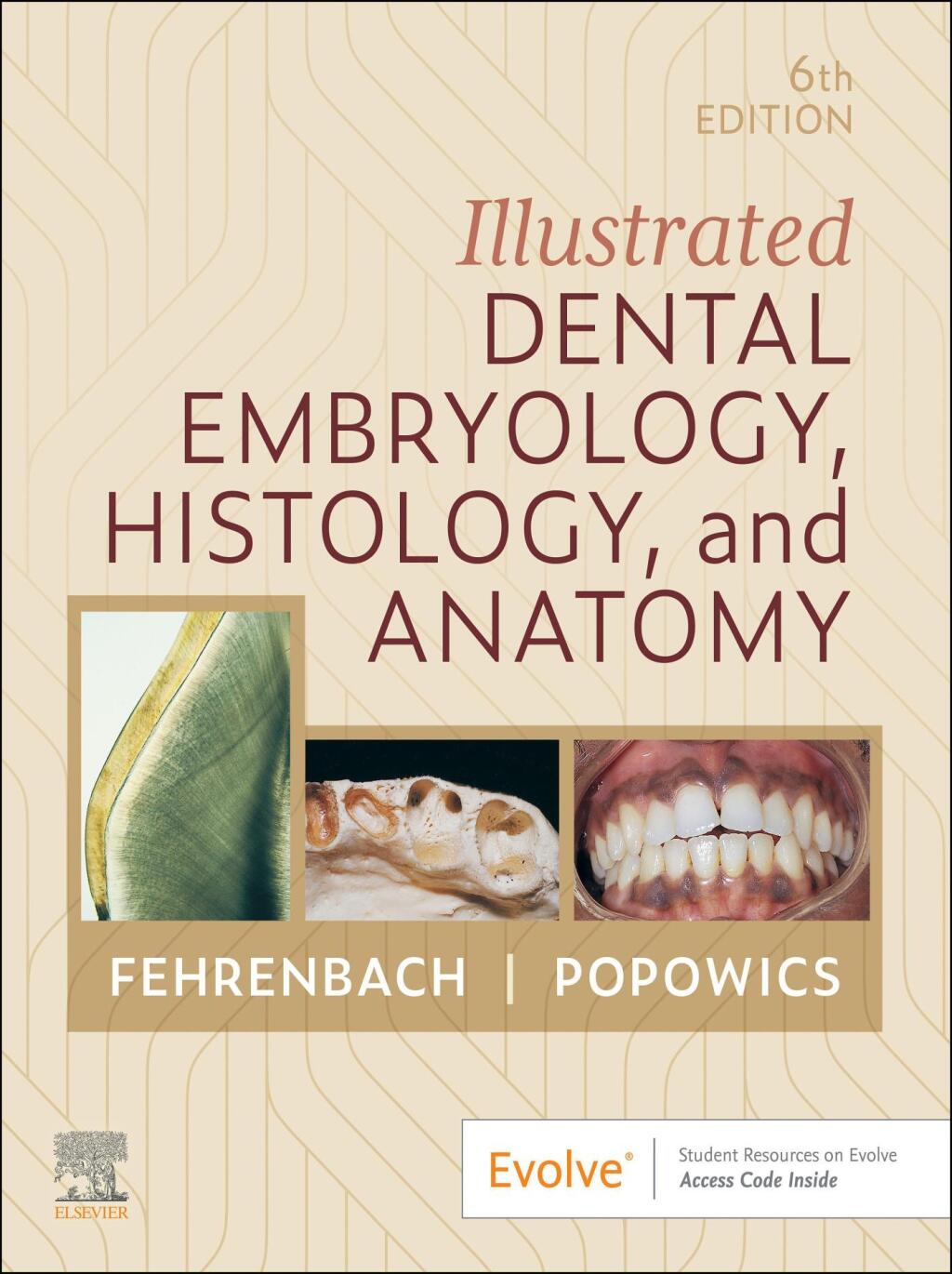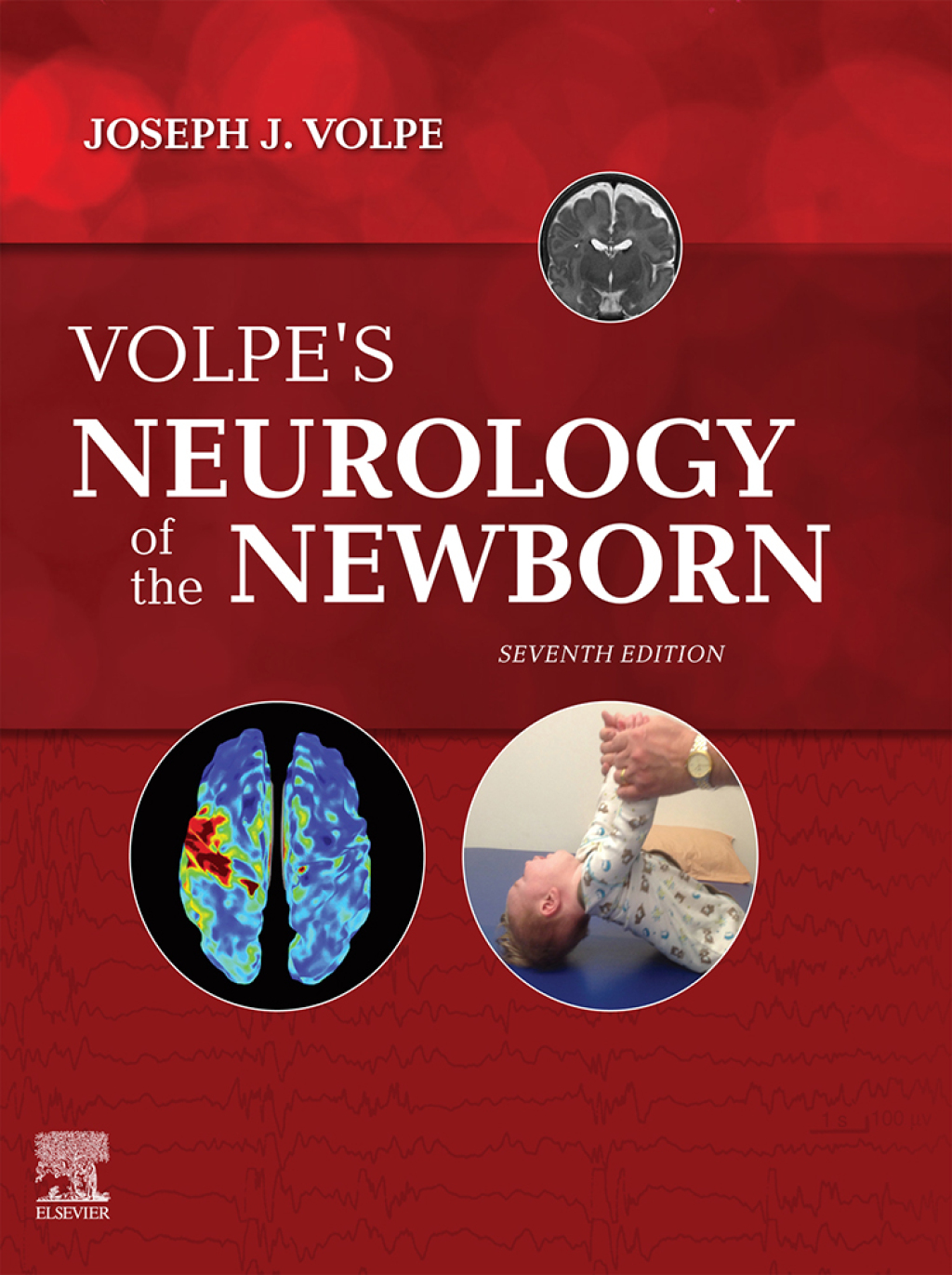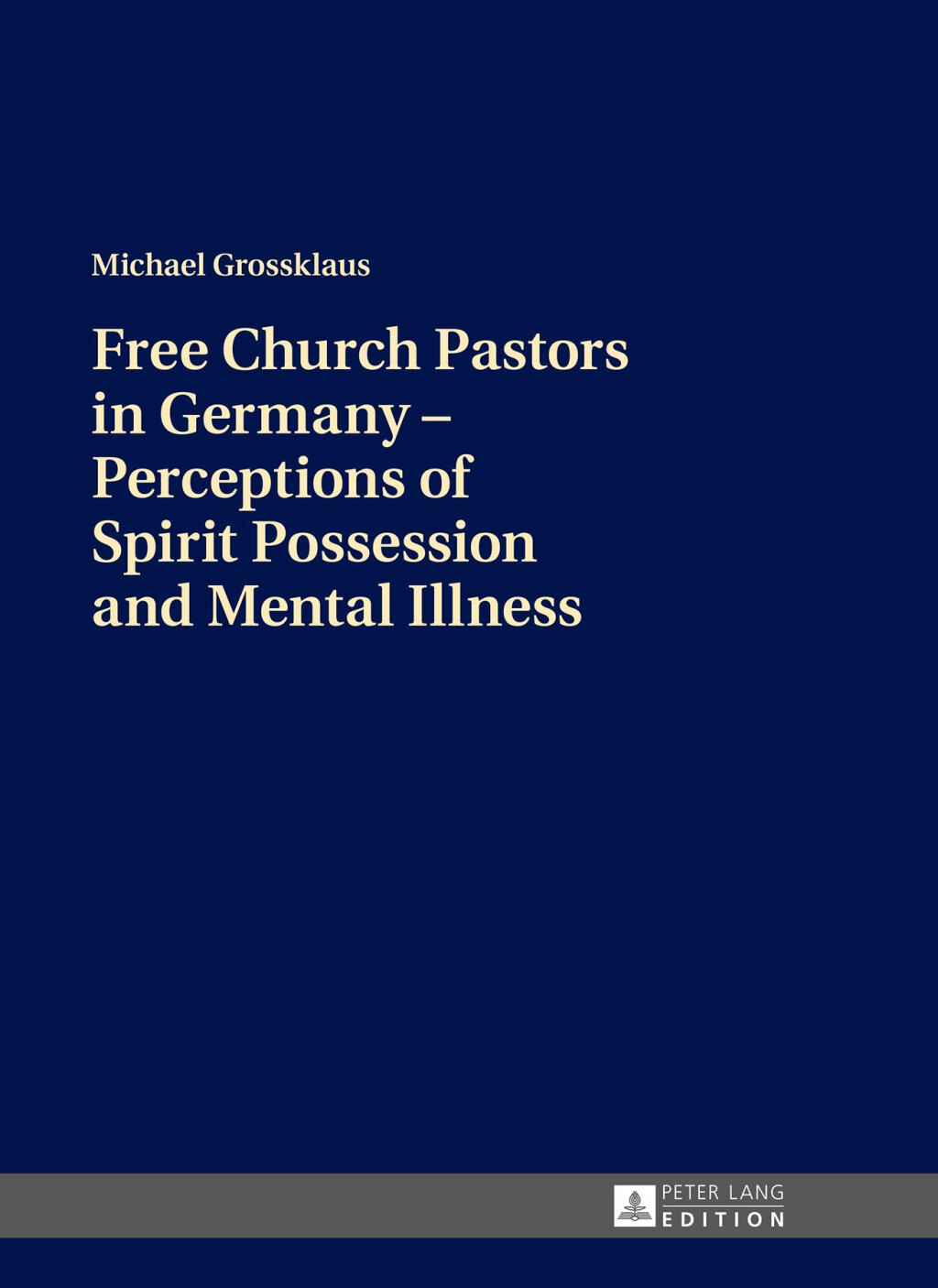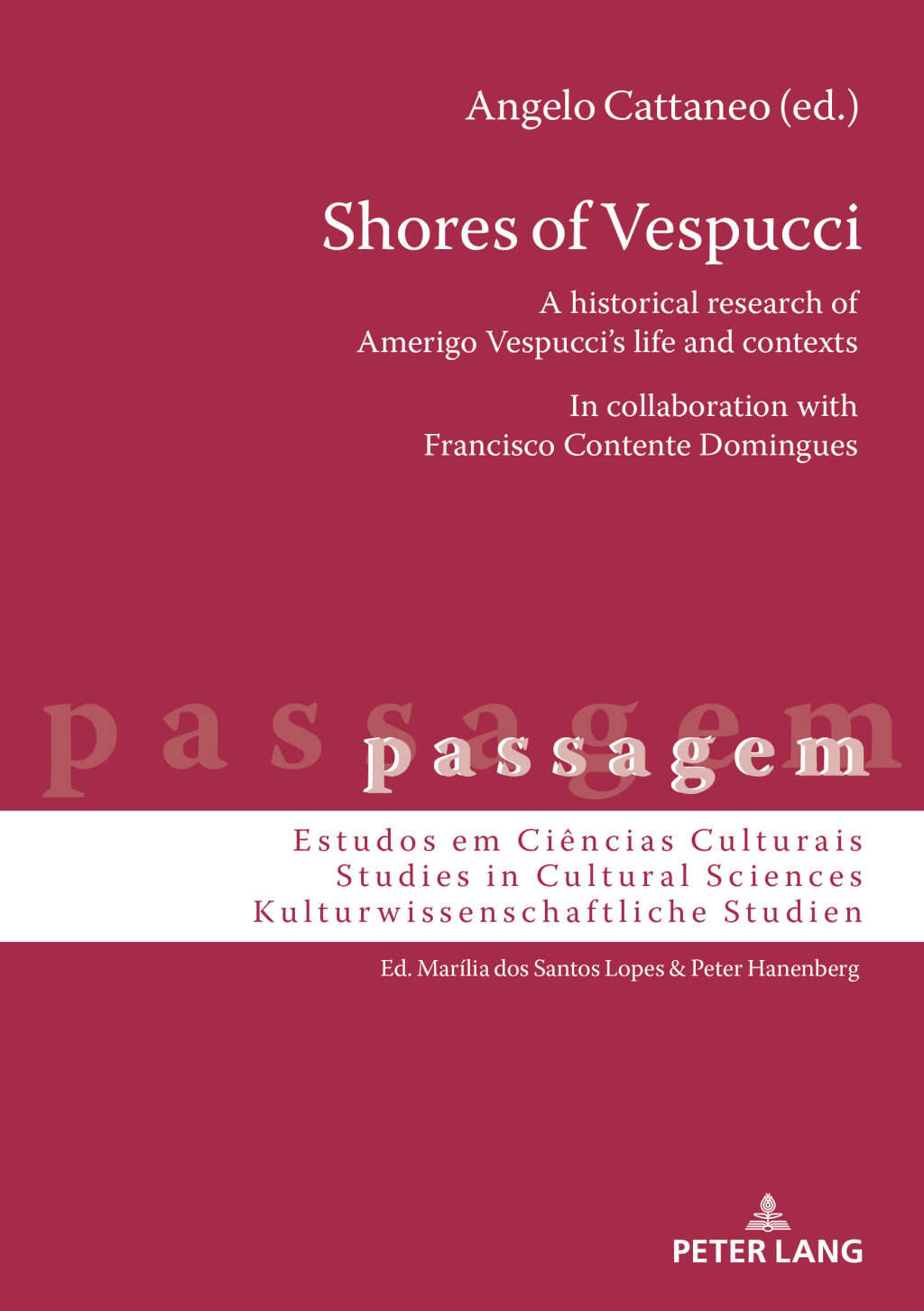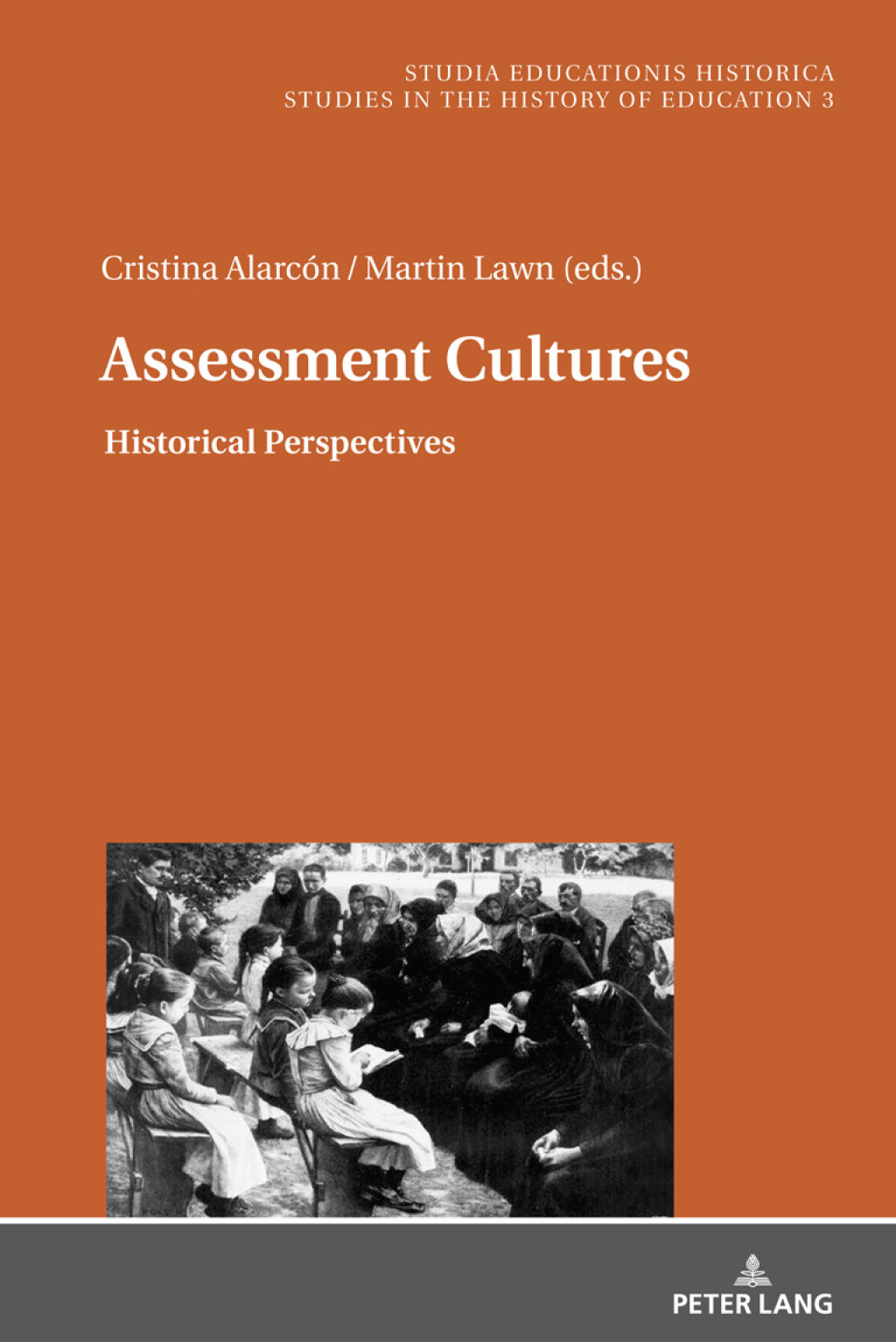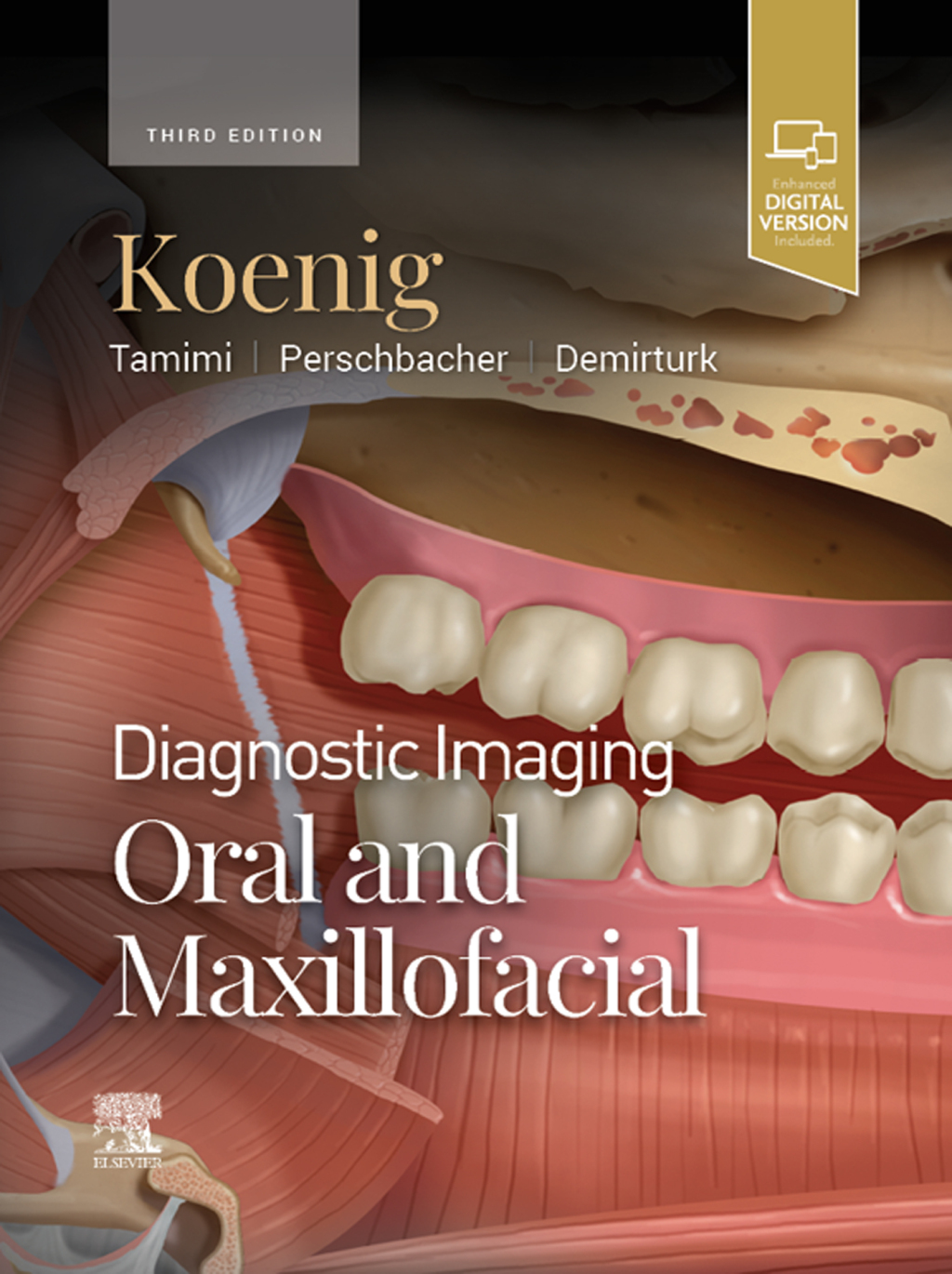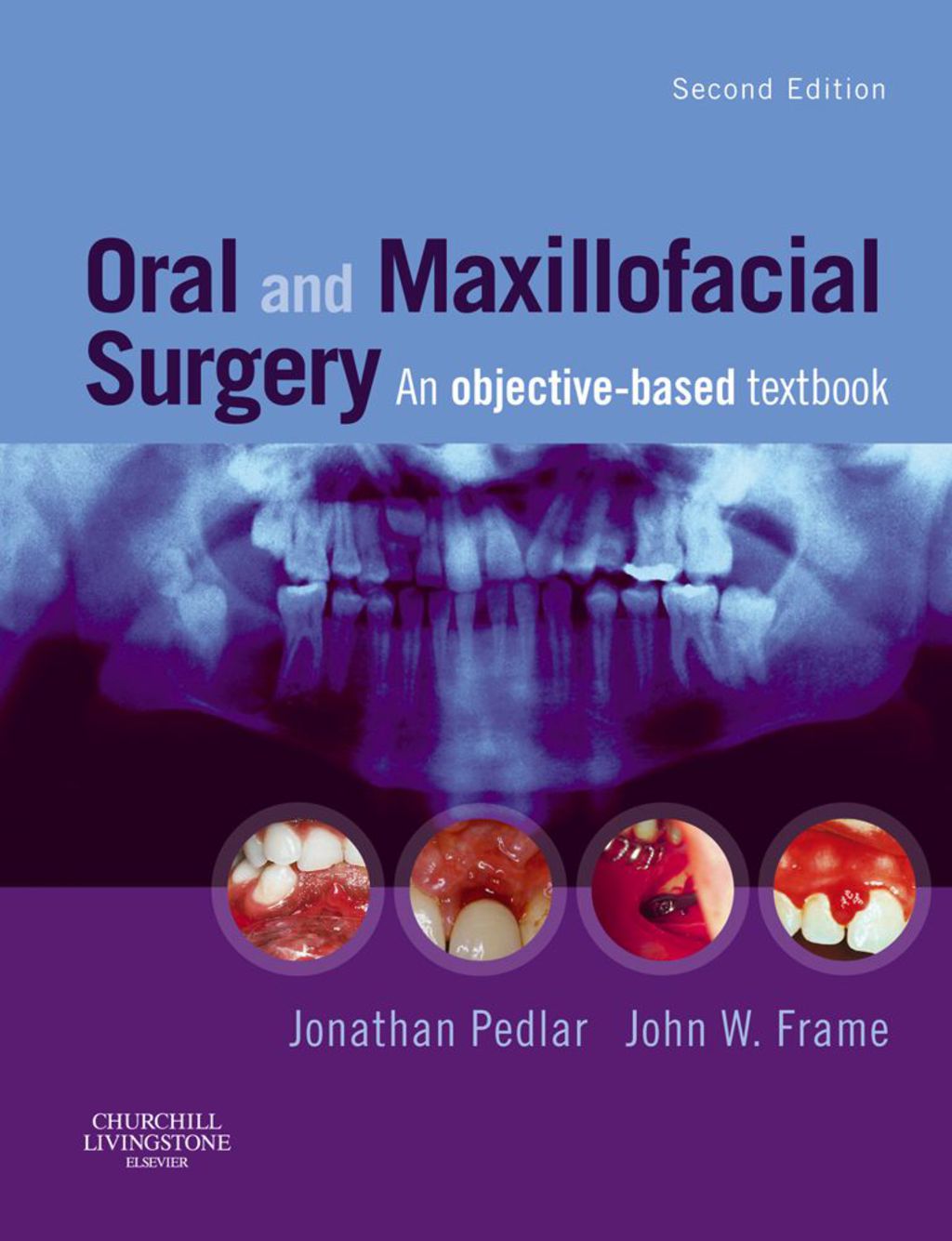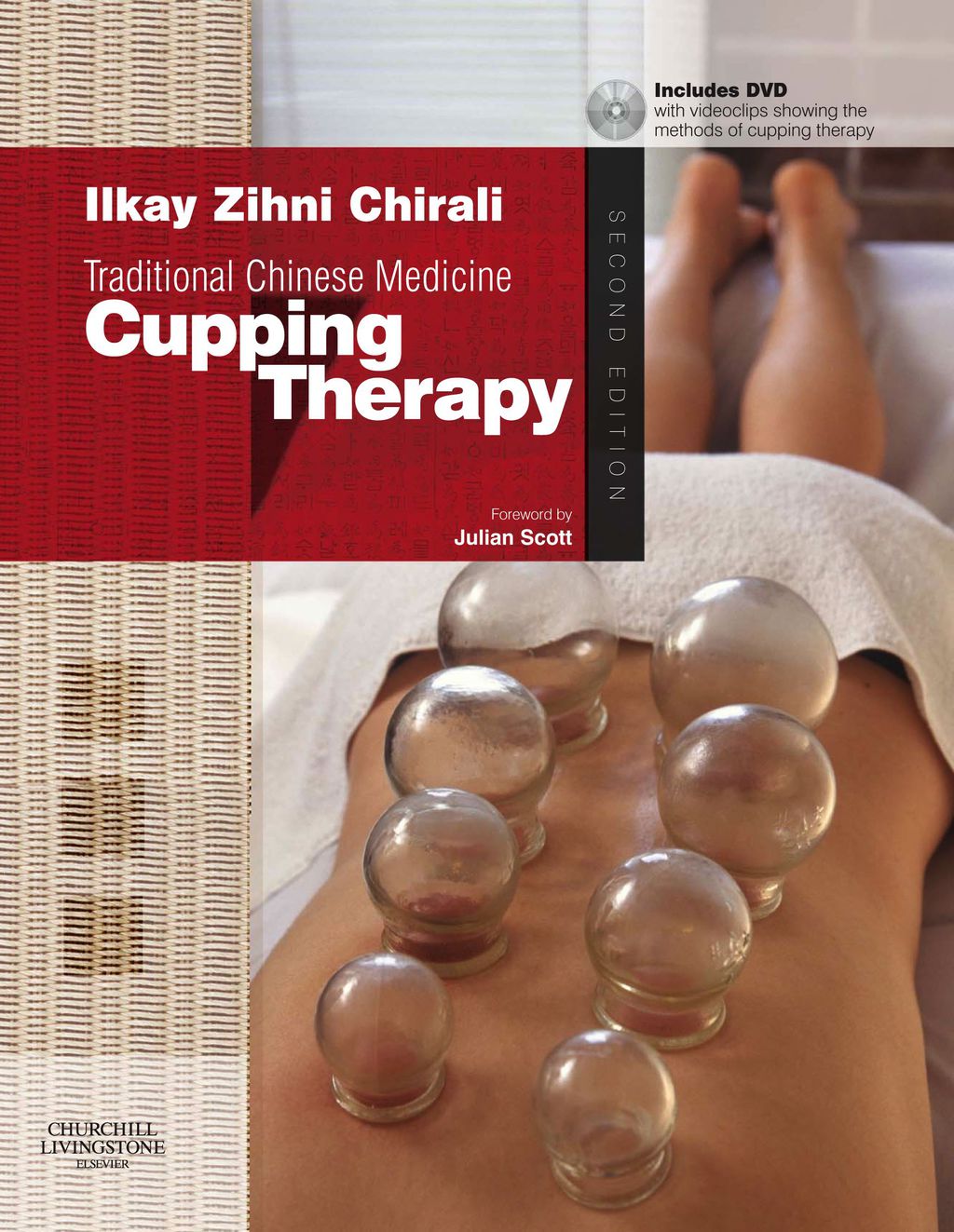Large scale assessment influences national and international educational policy debates and reforms. Assessment data is increasingly used as a government instrument. However, within the contemporary realm of the current global testing regime both the cultural and the historical conditions of assessment are often neglected. This volume is therefore devoted to the reconstruction of “assessment cultures” (interpretation patterns, discourses, instruments, practices) and their involved groups of actors. The contributions cover examples of Western European, Eurasian, East Asian, Latin, and North American as well as international settings and refer to epochs ranging from the early modern period up to the current context.
“Mosby’s Drug Guide for Nursing Students 15th Edition” has been added to your cart. View cart
Assessment Cultures Historical Perspectives 1st Edition
Author(s): Cristina Alarcón López; Martin Lawn
Publisher: Peter Lang GmbH, Internationaler Verlag der Wissenschaften
ISBN: 9783631675168
Edition: 1st Edition
$39,99
Delivery: This can be downloaded Immediately after purchasing.
Version: Only PDF Version.
Compatible Devices: Can be read on any device (Kindle, NOOK, Android/IOS devices, Windows, MAC)
Quality: High Quality. No missing contents. Printable
Recommended Software: Check here
Important: No Access Code
Description
Related products
Assessment Cultures Historical Perspectives 1st Edition
Author(s): Cristina Alarcón López; Martin Lawn
Publisher: Peter Lang GmbH, Internationaler Verlag der Wissenschaften
ISBN: 9783631675168
Edition: 1st Edition
$39,99
Delivery: This can be downloaded Immediately after purchasing.
Version: Only PDF Version.
Compatible Devices: Can be read on any device (Kindle, NOOK, Android/IOS devices, Windows, MAC)
Quality: High Quality. No missing contents. Printable
Recommended Software: Check here
Important: No Access Code
Description
Large scale assessment influences national and international educational policy debates and reforms. Assessment data is increasingly used as a government instrument. However, within the contemporary realm of the current global testing regime both the cultural and the historical conditions of assessment are often neglected. This volume is therefore devoted to the reconstruction of “assessment cultures” (interpretation patterns, discourses, instruments, practices) and their involved groups of actors. The contributions cover examples of Western European, Eurasian, East Asian, Latin, and North American as well as international settings and refer to epochs ranging from the early modern period up to the current context.

